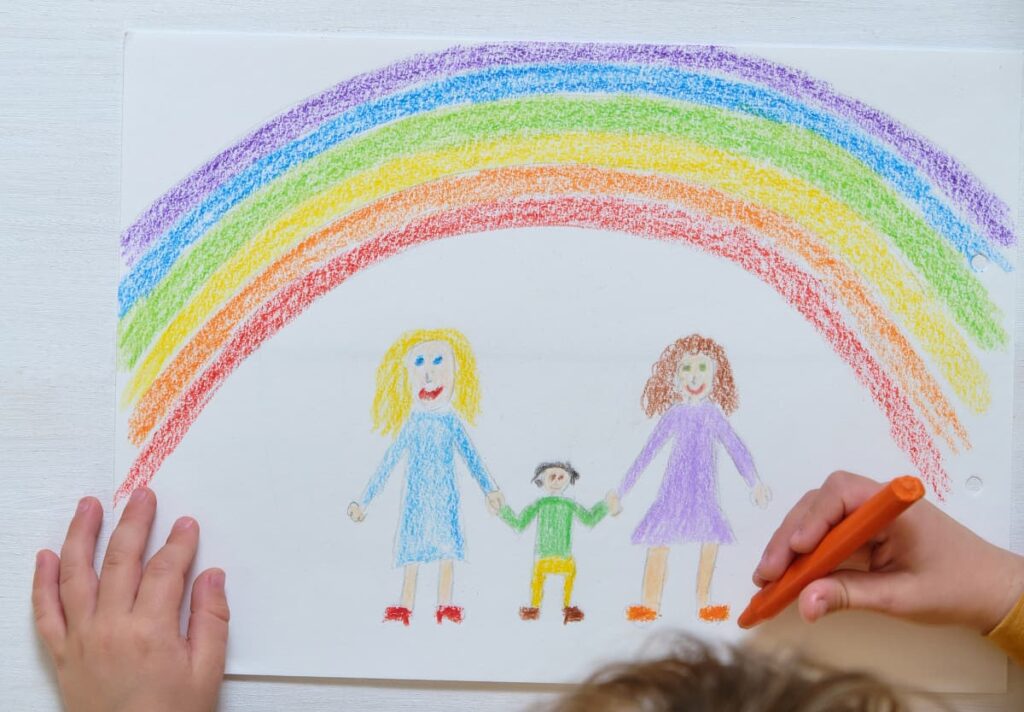
The courts have long been an important front in the fight for equality.
Sometimes litigation is a means of expanding rights across the country, like we saw with Lawrence v. Texas, Obergefell v. Hodges, and Bostock v. Clayton County. Other times it is a means of defending against attacks and mitigating harms.
Given the steady onslaught of policy attacks against the LGBTQ community, especially transgender people, over the past few years, it often feels like we are playing defense. But by responding swiftly and strategically to these attacks, movement litigators are succeeding in protecting our rights – and even gaining new protections.
Florida has been at the forefront of these attacks.
The state has enacted discriminatory laws across the board: from banning transgender healthcare, to restricting drag performances, to censoring classrooms through its “Don’t Say Gay or Trans” law.
The “Don’t Say Gay or Trans” law had an immediate chilling effect. It purported to restrict “classroom instruction” on sexual orientation or gender identity. But its intentional vagueness left teachers and administrators with no understanding of what actually qualified as instruction.
Without clear guidelines, opponents of equality could argue that nearly any mention of LGBTQ identity violated the law. Many felt they had to hide who they are or face potential investigations and consequences.
LGBTQ advocates responded swiftly.
Equality Florida Institute, Family Equality, and the National Center for Lesbian Rights (NCLR) sued the state of Florida. And now, thanks to their diligence and legal expertise, students and teachers in Florida have protections today that didn’t exist before the law was passed.
Of course it would have been better if the law was never signed. But the settlement succeeded in clarifying the law and constraining the state of Florida from dangerously expanding its meaning.
For example, the settlement makes crystal clear LGBTQ students are protected from bullying. Students can form LGBTQ-related clubs. A teacher can have a picture of their same-sex spouse on their desk, and a student can draw a picture of their same-sex parents. Lessons and books can reference LGBTQ people without risk of investigation.
What is left is a narrow set of restrictions on classroom instruction about sexual orientation or gender identity. While we look forward to the day these restrictions are lifted, in the meantime the settlement represents a significant victory for students and teachers across Florida.
Strategic litigation can transform the landscape.
This victory shows LGBTQ people across the state, who have lived in uncertainty and borne the brunt of discrimination, that there are impactful advocates defending their rights every day. And it shows that progress, though often hard won, can be achieved in unlikely places and even after tough losses.
This is why smart litigation from organizations like Equality Florida Institute, Family Equality, and NCLR is so important in every state where LGBTQ equality is under threat. These cases preserve and expand our hard-won rights as we all work towards a more inclusive and equal future.
